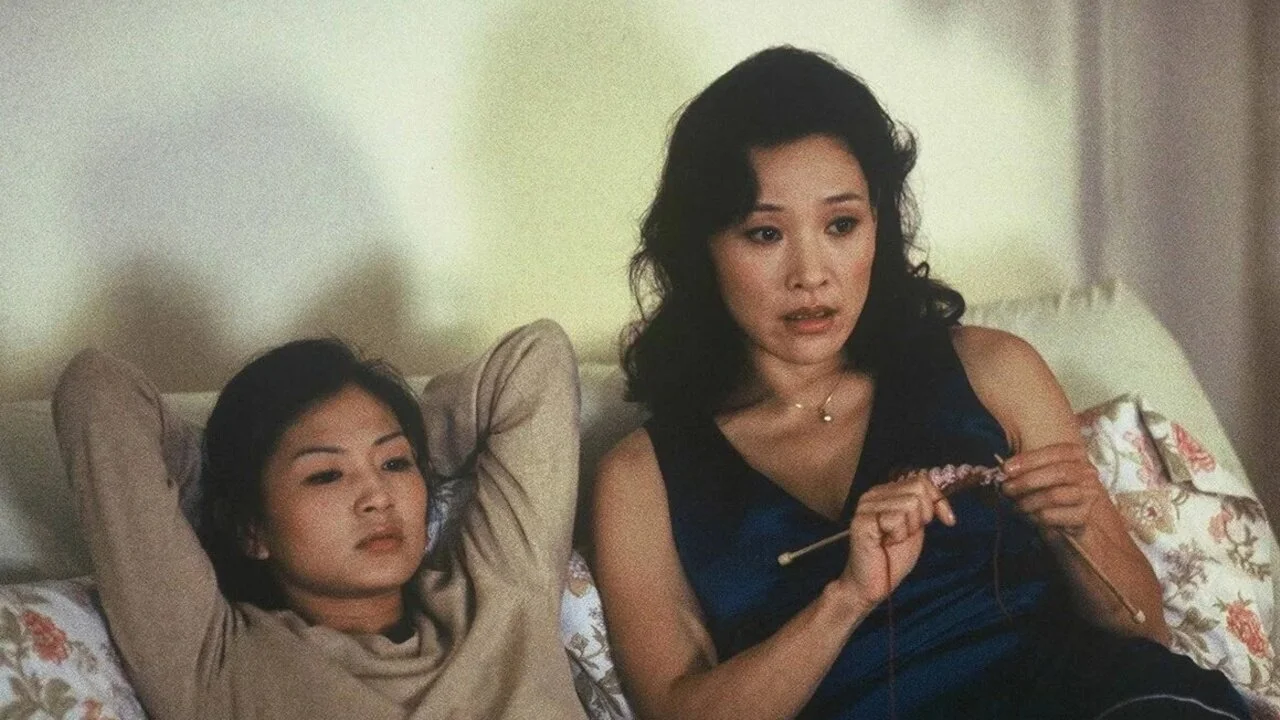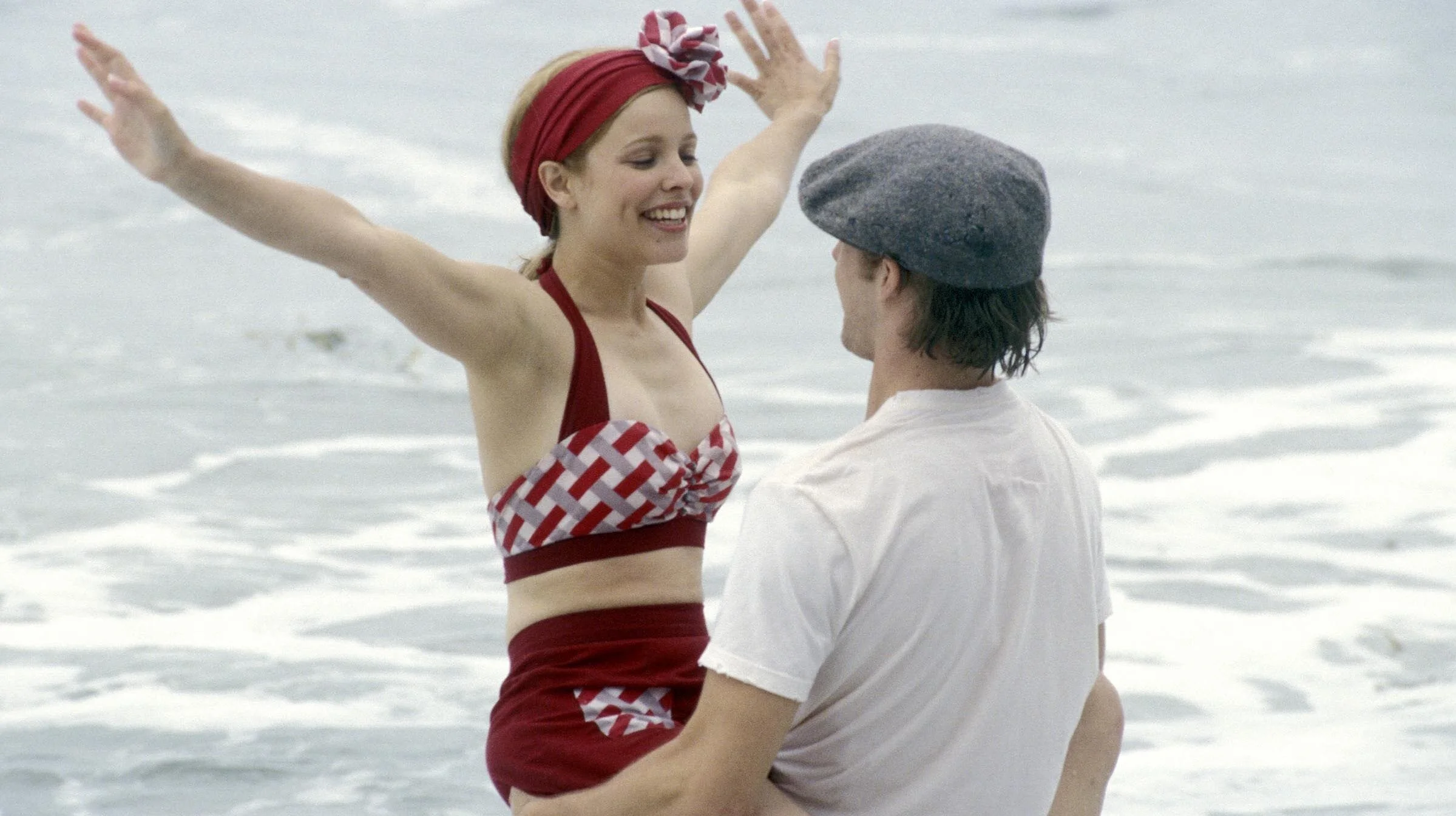Why Being the ‘DUFF’ is a Blessing in Disguise
For those of you who have not watched the 2015 movie, The DUFF, you should know that the ‘DUFF’ stands for “designated, ugly, fat, friend”. As explained in the movie, being a ‘DUFF’ does not at all mean that you are fat or ugly – it is just a title used to describe the ‘other friend’.
Unfortunately, it is dangerously easy to fall into the trap of believing in stereotypes. Even if you don’t consider yourself to be the friend who doesn’t quite fit in, there may be other stereotypes that society has made for you, whether it be about your skin colour, gender, size or stature. It’s true that labels aren’t relevant to many today but even though we don’t point fingers at others, many of us still label and over-criticize ourselves.
The witty, coming-of-age movie revolves around a girl who is relatively content with herself until she agrees with a stereotypical jock who tells her that she’s the ‘DUFF’ in her group of friends. Along with her new belief came jealousy and anger which clearly did not help the protagonist. Fortunately, the movie ends by teaching an important message about self-improvement and development, and the protagonist eventually learns to ignore titles forced onto her. Even though the film has a wonderful message, some of us still struggle with feeling like the background friend because we feel pushed aside and slightly neglected by others.
Most of you who feel this way are still attending school and are in your teenage years. You’re not necessarily the ‘DUFF’ because you are less conventionally attractive or approachable to others. You may just feel this way because you’re struggling to see yourself as anything other than the second choice, or because you’re measuring your popularity with that of your friends. The good news is that there are benefits to being the ‘DUFF’.
Firstly, you are less likely to jump into something you’ll later seriously regret. Being the ‘other’ friend sometimes means you aren’t given invitations to events. You should know that that is okay. It’s better to only go where you are appreciated and comfortable. So many movies aimed at teenagers pressure us to go way outside of our comfort zone and try questionable things. Whilst curiosity should be encouraged, a lot of the things you see on the media might not be nearly as enjoyable and interesting as they seem to be, especially when you feel pressured to do them.
Secondly, you will have more time to develop your craft while others are trying to maintain their popularity (which will inevitably fall anyway). Start to think about yourself: what are you good at? What kinds of things do you like? For many teenagers, quarantine was the first time they had to really think about themselves. It was a time to develop a personal style, unique interests and so on. You still have the time to do this. More than those who are caught up in the group chat’s gossip.
There’s no need to be jealous of those who seem to be more engaged in social events, especially if you are still young because you’re not missing out on anything revolutionary. Not everyone needs to lead that stereotypical extroverted party life, just be confident in the life you lead and remember that the grass is never really greener on the other side.











